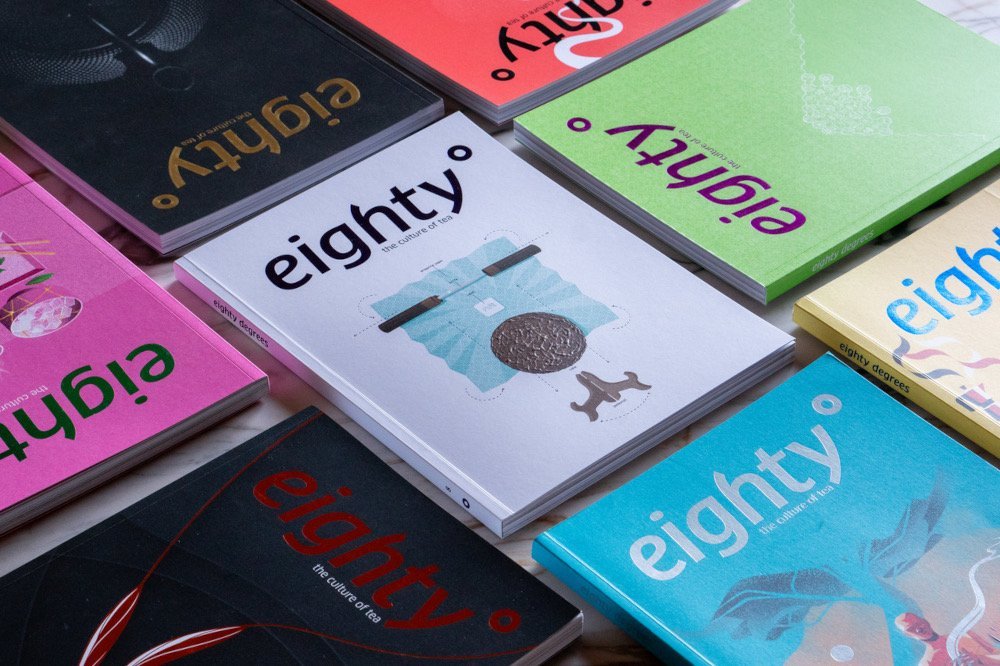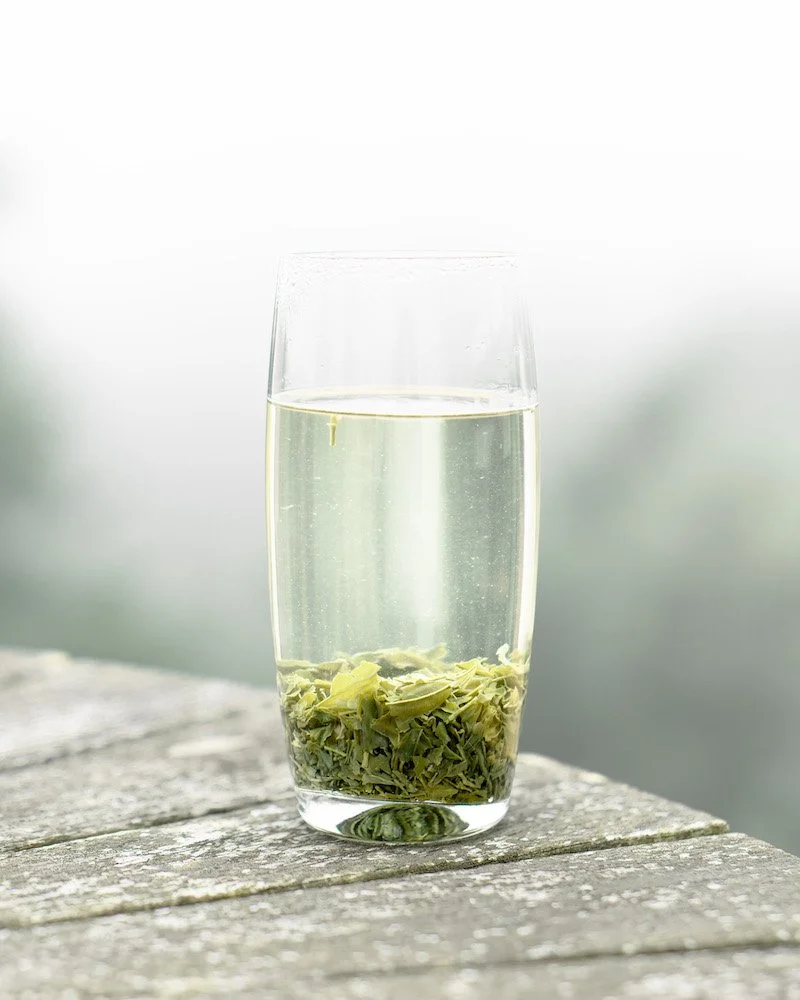
How Is Matcha Produced
If you’re familiar with matcha, you probably at least know it is made of powdered green tea leaves. But the matcha production process is complex, so sometimes even the most enthusiastic consumers aren’t aware of all the details. If you’re curious about what it takes to create the matcha that eventually makes its way to your cup, read on to find out.

How to Properly Store YourTea
Tea isn’t perishable in quite the same way as produce and other grocery items, but it still will go bad over time. To make sure your tea tastes fresh and maintains its maximum health benefits, proper storage is key. The three most important variables to control are light, temperature, and moisture.

How to make better tea while you’re staying at a hotel
If you’ve traveled within countries that don’t have much of a tea culture, you’ve probably encountered a disappointing situation like this: You’ve had a long day exploring a new place, you arrive back at your hotel, and all you want is to relax with a comforting cup of tea — but the hotel provides only a tea bag and a coffee maker. You resign yourself to a stale-tasting brew of questionable quality.

Caffeine-free and low-caffeine options for tea drinkers
For various reasons, tea lovers might need to significantly cut back on caffeine or eliminate it completely. If you’re in this situation and need an alternative to the caffeinated teas you used to drink, there are numerous options available. Here are a few of our infusion picks.

Which tea should you try? A guide to black, wulong, green, and white teas
With so many teas available, it can be overwhelming to know where to start, especially if you’re new to the tea world. The four big categories of tea from the Camellia sinensis plant are black, oolong, green, and white. Teas are sorted into these categories based on the extent to which the leaves are oxidized during processing. We’ll focus on these big categories to help you get started, but be aware there are additional varieties, as well as countless herbal infusions made from other plants.

Grounded in the tea cup
As I sip sencha and feel its steam on my face, its grassy fragrance awakening my senses and energizing me for the day ahead, I take my place at the kitchen window and watch the sun rising over the treeline.

Interview With Eighty Degrees by Arigato Travel
We are so thrilled to introduce today Martin, owner of “Eighty Degrees”, a beautifully crafted, independent magazine all about tea culture! We, at Arigato Travel, are really passionate about tea, being a huge part of Japanese Culture. And because we know a lot of our readers love it too, we want to introduce to you their amazing work! Let’s find out more.

How To Know If Your Tea Is Ethically Sourced
With so many teas available on the global market, it can be challenging to make sure the tea you’re purchasing was ethically sourced. Various certifications stamped on tea packaging seem to indicate something about fair labor practices or environmental sustainability, but what exactly do those certifications promise?

How To Brew Tea With a Gaiwan
A gaiwan is one of many traditional vessels used to brew tea. The gaiwan is an unassuming small bowl, but its distinctive feature is its lid, which is held ajar to strain the tea as it is poured. This Chinese teaware dates back to the Ming Dynasty (1368–1644), and can be made of porcelain, clay, or glass.

Differences Between Chinese and Japanese Green Teas
All green tea is made from Camellia sinensis leaves that have not gone through the oxidation process that produces oolong and black teas. But there are countless varieties of green tea on the market, and a lot of variation in the experience of consuming them.

Differences Between English Breakfast, Earl Grey, Chai, and Other Black Tea Blends
All true tea comes from the same species of plant, Camellia sinensis, but the differences in processing methods are what distinguish teas as white, green, oolong, or black. To produce black tea, dried leaves are allowed to oxidize longer than the other types of tea. The result is a dark, and tannin-rich brew.

How Much Caffeine Does Tea Have? And Is It More Or Less Than Coffee?
If you’re a tea drinker, perhaps you’ve wondered how much caffeine you’re consuming each time you finish off a cup. The answer is: It’s complicated. Caffeine content depends on many factors, some of which are within your control as the consumer, and some of which are not. Instead of aiming to calculate the exact amount of caffeine in your tea, it’s more plausible to identify an estimated range of caffeine levels, as well as the relative differences between different types of tea.

How to Roast Your Own Hojicha
Hojicha is green tea from Japan that has been steamed, dried, and then roasted. The taste of hojicha can be described as reminiscent of caramel, cocoa, or nuts, but every hojicha product has its own unique flavor profile, the same as any other tea. Much of the tea’s caffeine degrades during the roasted process, so hojicha is a good option for tea drinkers who are sensitive to caffeine, or those who want to drink tea close to bedtime.

Health Benefits of Green Tea
The health benefits of green tea have been touted for centuries. Modern studies have verified that ancient wisdom, and some have indicated green tea even has more health benefits than other types of tea. But there is no such thing as a miraculous, cure-all botanical, despite abundant marketing claims that the tea plant (Camellia sinensis) is one.

Legendary Tea Farmer — The Tea Board Game
This is Badass Bidjo - a legendary tea farmer and a renegade at heart. Stories of his excellent tea-making travel around, but he follows his own rules and doesn’t care about fame. He is passionate about nature and his plantations. He works hard each day to make the best tea for his customers and to give back to the community around him.

Tea for the Journey:
Suddenly, all of the passengers — young salarymen, mothers on day trips with their children, and a few foreigners like me — turn their eyes to the windows on my side of the train.

How to Choose a High-Quality Matcha
Matcha has been consumed in Asia for centuries, but in the last decade or so, matcha has become hugely popular in the West. But with so many matcha products available and no official standards for evaluation, it can be difficult for Western consumers to determine the differences in quality among these products.

The Three Most Important Factors in Brewing the Perfect Cup of Tea
People who are new to specialty tea often worry that they might ruin their loose leaf teas by brewing them wrong. It’s a valid concern, because tea can taste and feel dramatically different depending on how it is brewed. If you’re a new tea drinker, you should keep in mind the three brewing parameters and be aware of how they will affect your tea: leaf/water ratio, temperature, and time.

Is Tea Good For Your Skin? Here Is the Science
You might have heard the common health claim that drinking tea is good for your skin. Although it’s likely there is some truth to that claim — maybe even a lot of truth — it’s a little misleading because it’s so oversimplified. To really understand how tea might support skin health, we need to take a more detailed look at the scientific research that has been done so far.

How to Make Cold Brew Tea and Why It’s Different From Iced Tea
Most of the northern hemisphere is still in the peak heat of summer. In some places — like subtropical Florida, where I live — we still have at least a few more months of sticky, sweltering weather before the air starts to cool off. Cold brew tea gets me through times like these.
